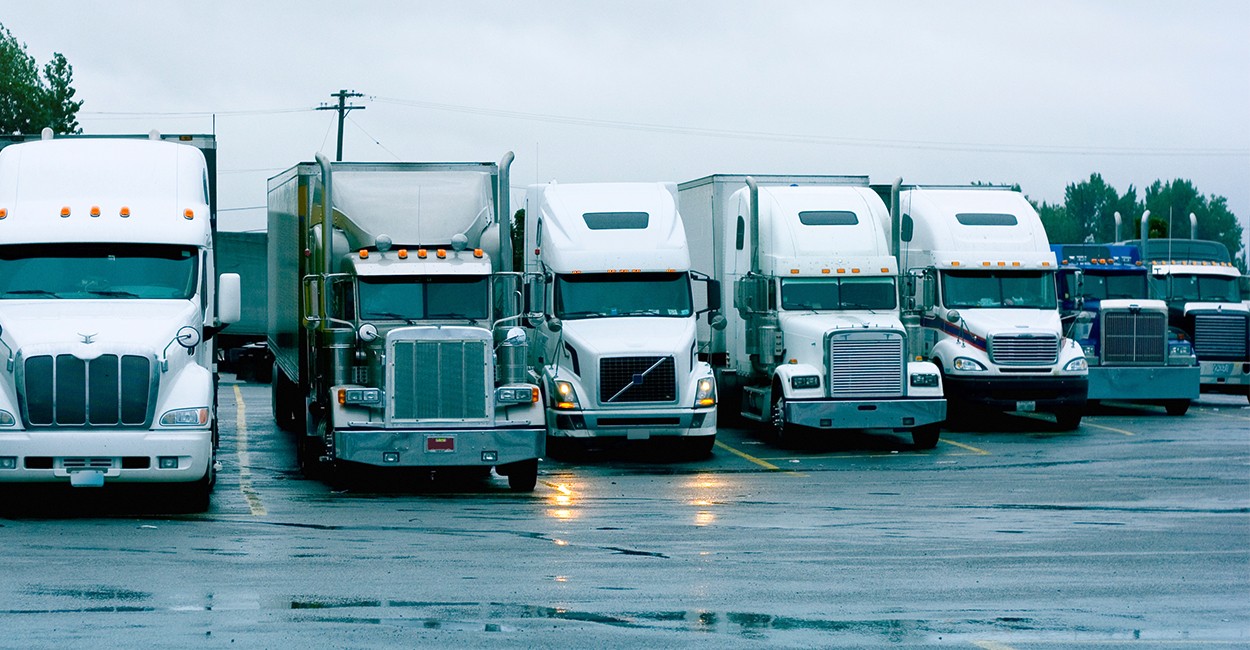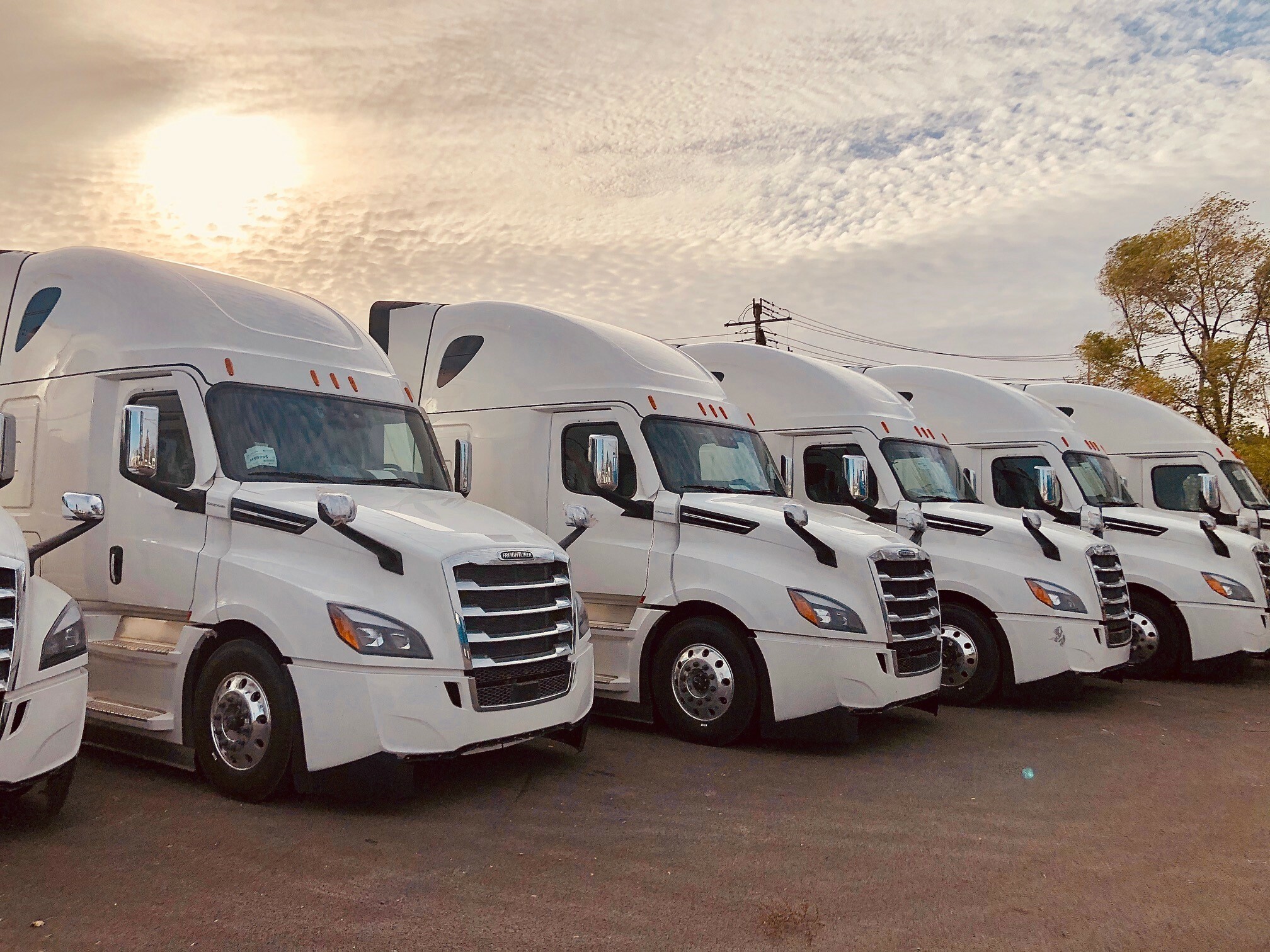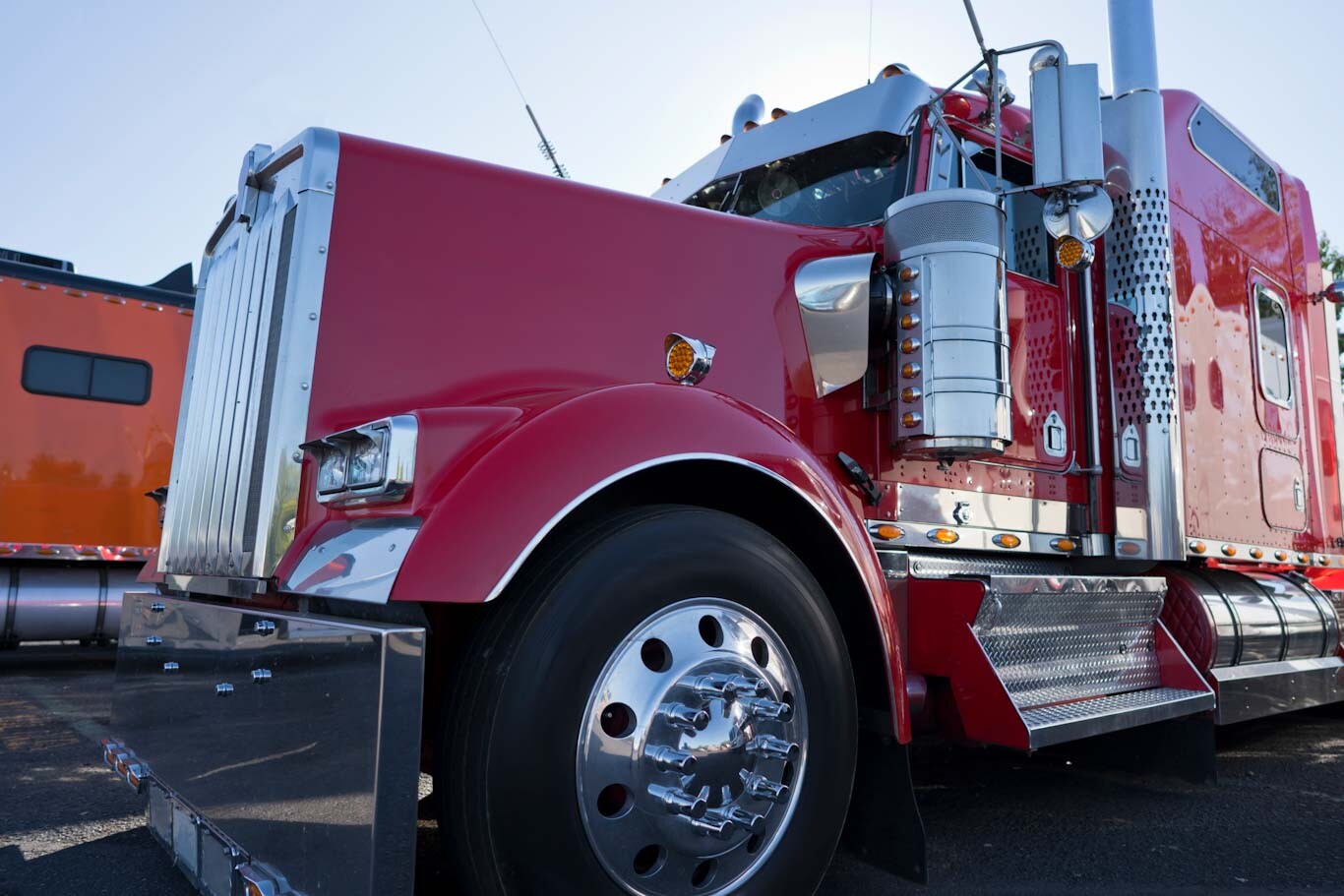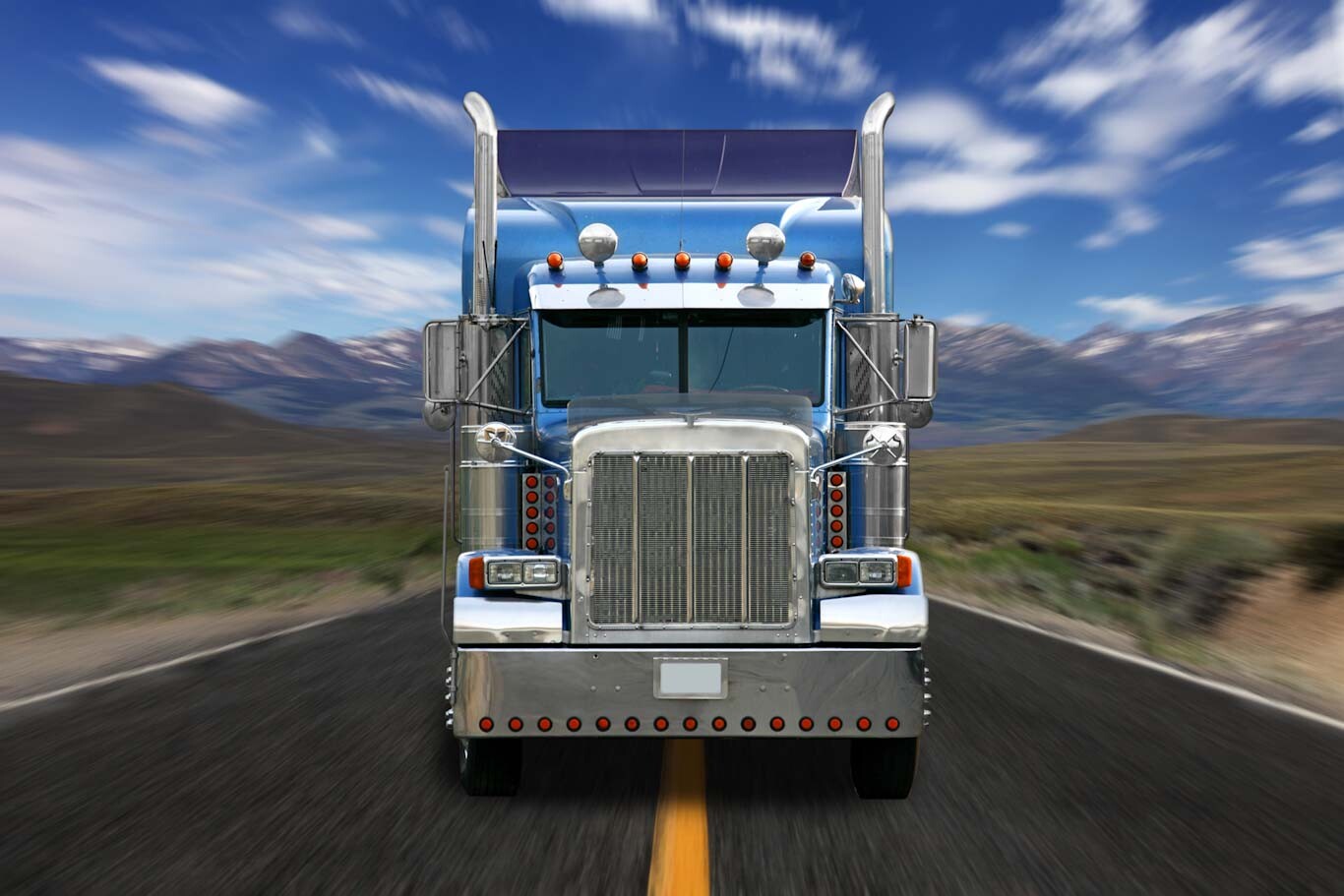Trucking Insurance Basics – Primary and Secondary liability
Sep 29, 2019 in Insurance 101Trucking insurance often seems a bit overwhelming, especially if you are a new owner-operator who is just getting started. What coverages do I need? What is required by the law? Why is there primary and secondary liability? What is the difference between those two? Depending on where you get your information from it can be a lot to process.
However, as a professional trucking insurance company, we like to share our experience and shed light on some of the frequently asked questions. One of those questions is – What are the primary and the secondary liability and is there a difference between them?

Primary Liability in trucking insurance
The Federal Motor Carrier Safety Administration (FMCSA) requires that all truckers must carry primary liability insurance policy. If you own or you operate a commercial truck or fleet – primary liability insurance is the minimum requirement. Obtaining it means you will have a basic level of financial protection if you end up in a truck accident. However, there are certain specifics when it comes to the coverage the primary liability insurance provides.
What does it cover?
The primary liability policy only covers the damage to the property of another person caused by your commercial truck or its contents and cargo. For example, if you are driving down the road, your trucks back door opens and part of your cargo hits the vehicle driving behind you, thus causing an injury to the driver inside or damage to the said vehicle. In this case, the insurance policy will cover the repairs of the car and the treatment of the driver’s injuries. If the vehicle is totaled, the policy will also pay for its replacement.
How about MY truck?
Yes, this is the right question. The primary liability policy DOES NOT cover the damage done to YOUR truck if you get into an accident. So, if you don’t have any additional coverage, like physical damage insurance or bobtail insurance insurance, for instance, you risk the value of your truck and your business. This is how trucking insurance is – in order to protect your truck, you must have secondary liability insurance.

Secondary Liability in Trucking insurance
Secondary liability insurance is required by individual motor carriers. As we’ve mentioned, such insurance includes bobtail insurance, physical damage insurance and other, for instance. The coverage includes both physical injuries and property damage (truck and cargo). The minimum amount of secondary liability insurance a driver must carry depends on the motor carrier and differs from what The Federal Motor Carrier Safety Administration requires for primary insurance.
What does it cover?
Usually, there are two types of coverage, when it comes to physical damage insurance – collision and comprehensive. If you get into an accident and damage your truck, the collision coverage will take care for the repairs or replacement of your vehicle. It will also cover the towing and storage expenses. However, if you truck gets damaged by fire, vandalism, falling objects, natural disasters or anything else that is not part of an actual road accident – this is where the comprehensive coverage steps in. For more information on Physical Damage Insurance, you can read our full article on it here - What is Physical Damage Insurance and Why it is Important?
On the other hand, the Bobtail Insurance protects your rig against damage sustained when using it for non-business purposes. Say you used your truck off the clock to go see some friends outside the city, for example. If you get in an accident while doing it – the Bobtail Insurance (also known as Non-trucking liability) will pay for the damages to your vehicle. More on this type of insurance here - Understanding Non-Trucking Liability Insurance (sometimes referred to as Bobtail Insurance).
Finally, the Occupations Accident Insurance protects the driver of the truck. Better known as OCC/ACC insurance, it pays for the treatment of the driver if he sustains injuries from work-related incidents or while driving his/hers truck. More detailed information on this type of insurance can be found here - Occupational Accident Insurance – what is it and do you need one?
So, this is what the difference between primary and secondary liability is and this is why it is very important to have secondary liability insurance. Your job and business help you take care for you and your family and getting your rig totaled or damaged may put a stick in your wheels and leave you without income for a long time. Not to mention that the repairs can be very costly and even set you back a lot of money. So take your trucking insurance seriously and take care of your bobtail insurance, OCC/ACC and physical damage insurance.
You can always contact Bobtail.insure and talk to one of our insurance experts. We will help you find the best trucking insurance, find the right amount of coverage you need and save money. Don’t hesitate to fill our FREE INSURANCE QUOTE. Remember, Bobtail.insure helps you drive safe and save money on your insurance.



